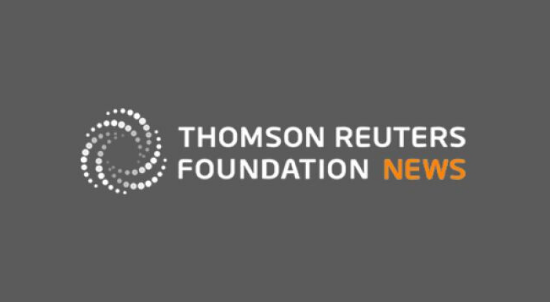Supply chain risk: New developments in corporate human rights responsibility

The year 2025 has brought changes to the global landscape of supply chain risk management and corporate responsibility for human rights. Countries such as Chile, South Korea, and Thailand are actively considering or are drafting and introducing ambitious new rules that raise the bar for corporate accountability. At the same time, the Europe Union’s Corporate Sustainability Due Diligence Directive (CSDDD), which was once seen as a benchmark for responsible supply chain management, has faced delays and significant pushback.
In the meantime, companies face challenges in how they should move forward without harmonization and specificity in the regulatory and legal landscape.
So far this year, several countries have advanced strong new laws to hold corporations accountable for human rights and environmental impacts, says Gregory Berry, Senior Policy Associate at Accountability Counsel, which is a global non-governmental organization that helps communities defend their environmental and human rights.
For example, the National Congress of Chile is considering bills that propose requiring corporations of a certain size to implement and report on due diligence efforts with respect to human rights, the environment, and climate change; and the Thailand’s Ministry of Justice is drafting a mandatory due diligence law to ensure products are free from exploitative labor and environmental harm, Berry explains.
South Korea’s new legislation enacts corporate requirements through mandates in comprehensive due diligence, a Victim Support Fund, and robust grievance procedures. “The legislation is progressive because of its broad applicability, even to financial sector actors,” Berry says. “It requires accountability for human right due diligence at every stage of a supply chain, and it mandates that business enterprises of a certain size are equipped to proactively respond to grievances and facilitate remedy where harm is found.”
Read the full article from Thomson Reuters here.

